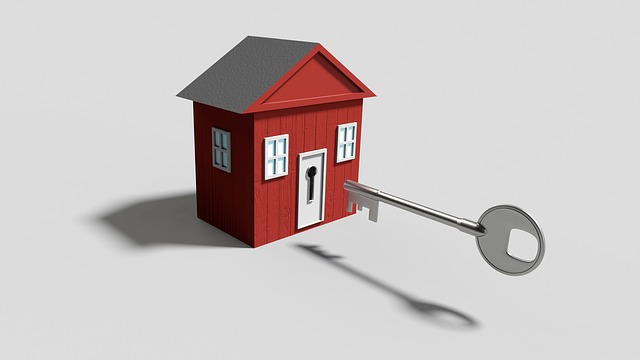Realtor.com recently reported that younger Americans may be better positioned to become homebuyers. The younger half of the millennial generation (born between 1989 and 1993) have been buying up homes primarily in lower cost areas like Clarksville, Tennessee, less than an hour from the capital as part of the general Nashville real estate area; Duluth in Northern Minnesota; Lafayette, Louisiana; Evansville, Indiana and Des Moines, Iowa.
Table of Contents
You’ll Need to Save Aggressively
Unless you’re already independently wealthy or getting help from your parents, you’ll probably have to save a lot of cash if you hope to buy a home in your 20s. Do whatever you can now to cut back on your spending, and perhaps consider getting a second part-time job too. Sit down and go over your finances, including all your income and expenses, then look for ways to spend less such as bringing your lunch to work, cutting cable and so on.
Set a goal and put aside money consistently for the next six to 12 months depending on the amount you need. A conventional mortgage usually requires a down payment of 5 to 20 percent, while government backed FHA loans range from 3.5 to 10 percent though most financial planners advise making a down payment that’s 20 percent of the price of the home. Don’t forget that you’ll also need additional funds for closing costs.
Home buyer Grants and Other Down Payment Assistance Programs
If it’s impossible for you to come up with enough money for a down payment, consider looking into first-time homebuyer grants in your area. A good mortgage broker can help you look into what’s available and determine your eligibility to get you into a home sooner.
Make Sure Your Credit is Up to Par
If you don’t have a good credit score or no established credit, you’ll have a hard time getting approved for a home loan. Obtain your credit report from each of the major reporting agencies, Experian, Equifax and Transunion. Thoroughly check for errors and get any removed to increase your score before moving forward. If you need to, work on getting that score up to par – ideally, 700 or higher – the higher your score the greater the odds of approval and the less interest you’ll pay.
If you don’t have credit or you have poor credit, you may need to apply for a secured credit card, use it and make all payments on time for 6 months to a year to get it where it needs to be. If you have established credit, aim to keep your balances at 30 percent or below the credit limit (ideally closer to 10 percent) and be sure all your payments are made on time.
Also Read: How to Save for Your Dream Home
Get Pre-Approved
Getting pre-approved for a mortgage will not only give you more credibility when it comes to making an offer on a home, it will allow you to determine how much home you can buy to avoid disappointment and hours and hours of time wasted. The process is similar to applying for the loan in which you’ll need your tax returns for the past few years, bank statements, proof of income, etc.

















